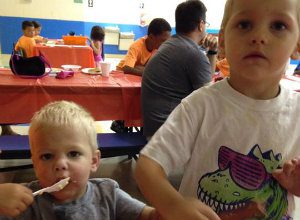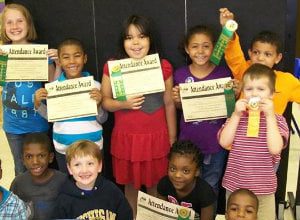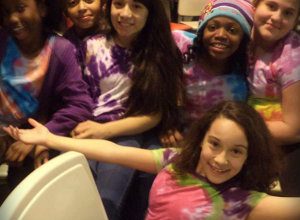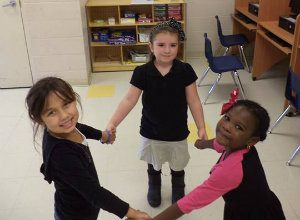What Every Parent Should Know
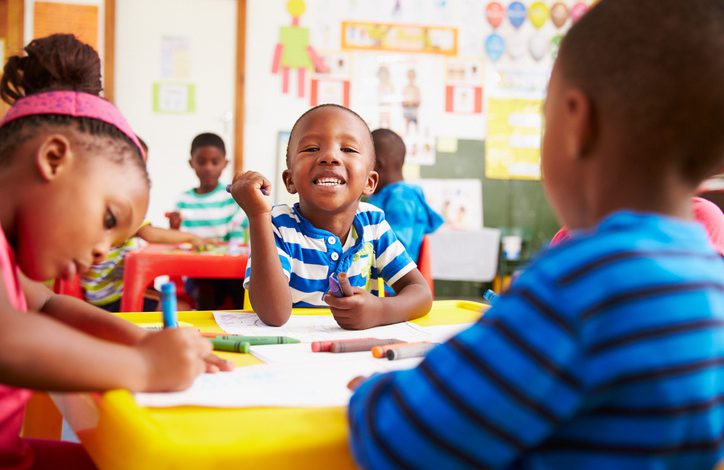
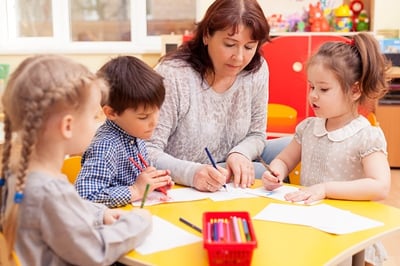
Whether your toddler is rather shy or already the life of any gathering, no matter where your child falls on this spectrum, he or she will benefit from opportunities to socialize. Socialization for toddlers, in fact, is an important part of your child’s overall social development — with social milestones helping your child to “manage personal feelings, understand others’ feelings and needs, and interact in a respectful and acceptable way.”
Milestones for Toddler Social Skills
Socialization and the development of healthy social skills are important for kids of all ages, and while every child develops their social behavior at their own pace, parents should be aware of the general markers that come with age and social development. Here are some milestones to help you make sure your kids are right on track!
Age 1
When your young child reaches their first birthday, they will likely begin to engage in basic communication (often pointing and making sounds to express himself or herself), recognize family members and other familiar people, and interact more openly with you.
Age 2
Your child will probably still want to engage more with you than others at age two, but will probably also begin participating in parallel play. This means your child will start to play while being side by side with other kids, rather than engaging in interactive play with other children. You may also start to hear your child insist that a toy is his or hers — so now is the time to step up the process of role modeling sharing behavior. He or she may want to engage with more people now, but may still be slow to feel comfortable with someone not seen very often.
Age 3
At age three, your child may start to seek out other kids to play with, but not know how to share with them or take turns. Social skills are emerging, but still being developed, and still need you to encourage and reinforce good behavior. You’ll probably notice how play consists of pretending, dressing up, and being more creative. Now is a good time to guide your child through understanding emotions, so point out different feelings or emotions experienced by characters in books and television shows.
Age 4
Your child will probably enjoy play groups, especially with children the same age. This is why many children begin to play on sports teams at this age, but it makes sense to choose team activities that aren’t overly restrictive with rules or competitive. Children typically do better with sharing by this age, and with being cooperative, physically affectionate — and more independent.
Parents.com provides information about milestones to expect when your child turns 1, 2, 3, and 4.
Choosing Activities To Help Your Toddler Better Socialize
Many young children enjoy art, music, or tumbling classes, and WhatToExpect.com provides guidance on how to choose the right programs for your child.
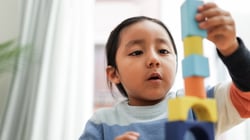
First, pick fun, age-appropriate activities. “An art teacher, for example, should embrace your child’s messy creativity, not try to teach him the one and only correct way to hold a paintbrush.” It’s important not to force your child to join in to new situations, although “gentle, friendly coaxing is okay . . . often necessary for newbies.”
Spending time with other toddlers is a key benefit for your child, so make sure the class truly focuses on toddlers, rather than having a “roomful of looming kindergarteners.” Also, make sure that safety is carefully considered, and the “equipment, supplies, and instruction are all scaled to your child’s developmental level.”
If your child doesn’t seem ready for these activities yet, don’t worry. And, no matter how much your child does enjoy them, don’t overschedule him or her.
Bubble Tots Educational Centers Toddler Care Programs
We know how socialization benefits toddlers, so we provide numerous social and educational activities for toddlers ages 18 months through 36 months, ones that focus on learning and development. To aid in social and emotional development, we offer child-centered activities provided by nurturing, quality staff in a safe environment.


